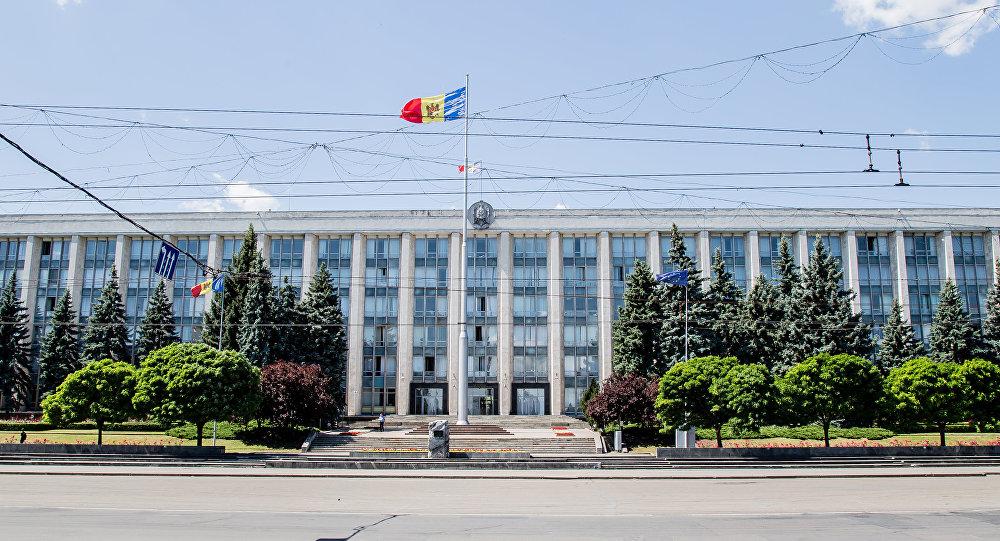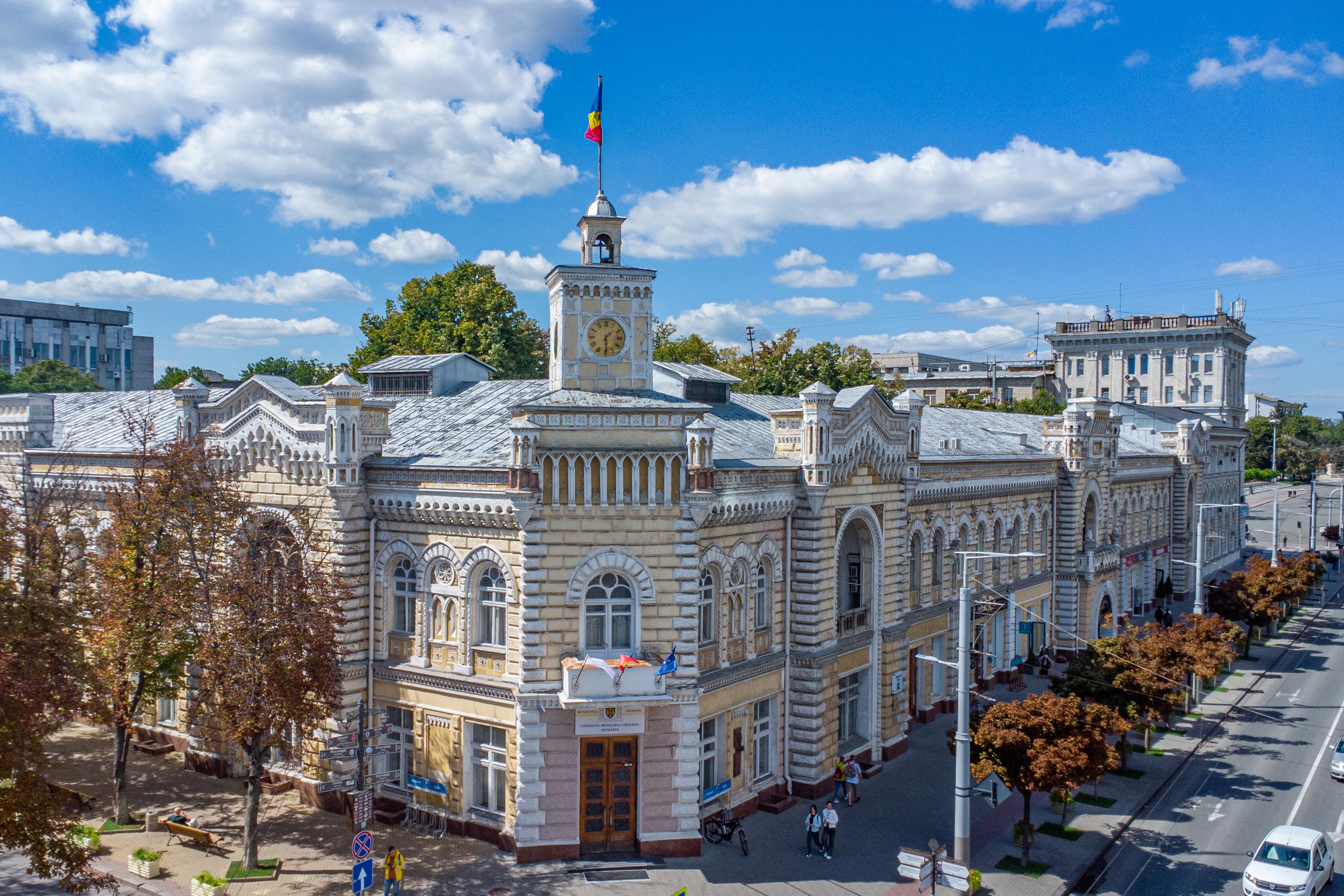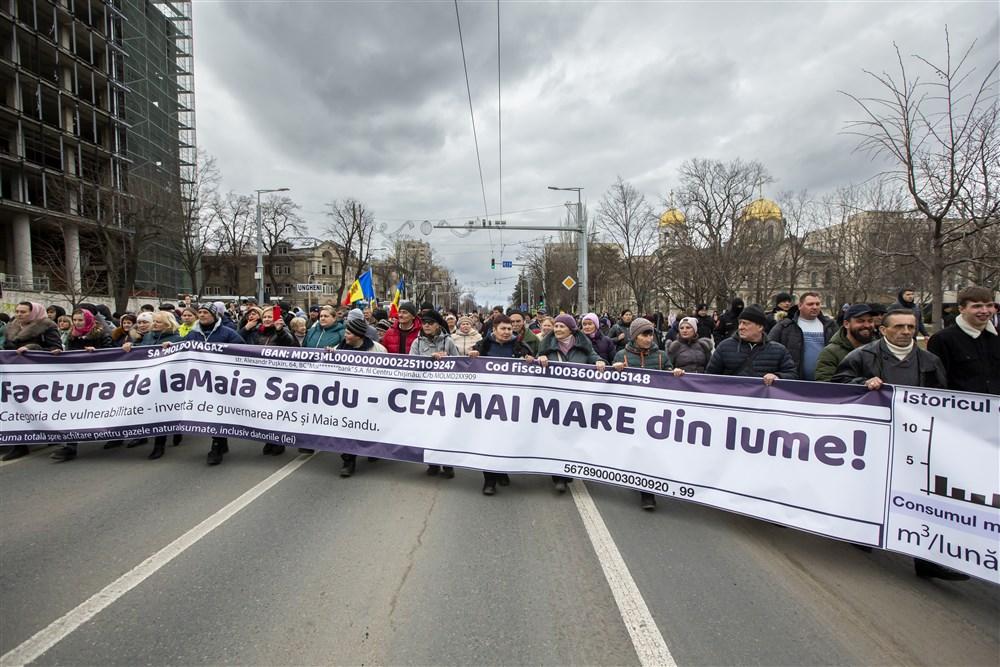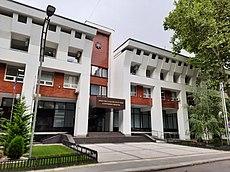In a striking assertion of its diplomatic stance, the Moldovan Foreign Ministry has expressed a newfound assertiveness in its dealings with foreign representatives, notably regarding the Russian ambassador. Recent developments in Chisinau have seen officials demand greater control over diplomatic engagements, raising questions about Moldova’s evolving foreign policy and its geopolitical positioning amidst rising tensions in Eastern Europe. This article explores the implications of Moldova’s insistence to dictate the terms of engagement with the Russian ambassador, examining the broader context of regional relations and the potential impact on its diplomatic landscape. As Moldova navigates its path between East and West, the latest outburst from the Foreign Ministry signals a critical moment in its foreign relations strategy, demanding closer scrutiny from observers and stakeholders alike.
Moldovan Governments Shift in Diplomatic Protocol with Russia
The recent assertion from Chisinau regarding its engagement with the Russian ambassador marks a notable shift in Moldova’s diplomatic stance. By demanding the authority to dictate the terms of meetings with the ambassador, Moldovan officials are signaling a desire to recalibrate their relationship with Moscow, reflecting a broader trend of assertiveness in foreign policy. While historically, moldova has oscillated between Russian influence and European integration, this new approach suggests a more proactive stance in shaping its international relationships. Such a development raises questions about the internal dynamics of Moldovan politics and the balance the government seeks to maintain amid external pressures.
This change is underscored by a series of recent diplomatic maneuvers aimed at defining how and when Russian diplomatic representatives engage with Moldovan officials. Key points emerging from this strategic pivot include:
- Selective Engagement: Chisinau aims to limit informal interactions with the Russian ambassador.
- Rising Tensions: This move could escalate tensions between Romania and Moldova, as both nations reassess their relationship with russia.
- Public Opinion influence: The moldovan government appears responsive to national sentiments that favor a firmer stance against perceived external interferences.

Implications of Chisinaus Demand for control over Ambassadorial Meetings
The recent demand from Chisinau for control over meetings involving the Russian ambassador signifies a shift in the dynamics of Moldova’s foreign relations. This bold move not only reflects the growing confidence of the Moldovan government but also serves as a clear message to both russia and the West regarding Moldova’s geopolitical preferences. By asserting such control, Chisinau aims to enhance its diplomatic sovereignty and reduce the influence of foreign powers, particularly in light of ongoing tensions in the region. This decision may also lead to a reevaluation of Moldova’s relationships with its neighbors and partners, fostering a more assertive national identity amidst external pressures.
Moreover,the implications of this stance raise critical questions about diplomatic etiquette and the roles of ambassadors in the context of international relations. The demand highlights several key issues:
- Negotiation Power: Chisinau seeks to strengthen its bargaining power in negotiations with Russia, perhaps rebalancing the power dynamics in Eastern Europe.
- Internal Cohesion: This approach might solidify internal support for the current government, appealing to nationalistic sentiments by prioritizing Moldovan interests.
- Impact on Dialogue: Limiting ambassadorial interactions could impede open dialogue with Russia, raising concerns about future dialogue on pressing issues.
in light of these changes, Moldova‚Äôs demand to oversee ambassadorial meetings reflects not only domestic aspirations but also broader geopolitical currents that may influence regional stability. How this plays out remains to be seen, as both allies and adversaries adjust their strategies in response to Chisinau’s newfound assertiveness.

Analyzing the Roots of Increased Tension between Moldova and Russia
The recent diplomatic tensions between Moldova and Russia have reached a boiling point, with Chisinau asserting its sovereignty in a manner that many observers have characterized as unprecedented. The Moldovan Foreign Ministry’s demand to dictate the terms of engagement with the Russian ambassador signals a shift in the relationship dynamics. This assertiveness can be traced back to several key factors that have shaped Moldova’s foreign policy in recent years:
- Geopolitical Positioning: Moldova’s strategic location between the european Union and Russia continues to define its foreign relations. With aspirations for EU integration, the government is keen to distance itself from moscow’s influence.
- internal Political Climate: Moldova’s current governance promotes a pro-European agenda, resulting in a domestic push for greater autonomy from Russian policies.
- recent Events in Ukraine: The ongoing conflict has exacerbated fears of Russian expansionism in the region, prompting Moldova to take a firmer stance.
The assertion of authority in diplomatic meetings reflects a broader trend of rising nationalism within Moldova, where citizens increasingly prioritize national identity and sovereignty.As Moldova grapples with its place in the regional power dynamics, several repercussions may emerge:
| Potential Consequences | Overview |
|---|---|
| Increased diplomatic Isolation | Russia’s retaliatory measures may lead to Moldova facing increased isolation on the international stage. |
| Strained Trade Relations | Deteriorating relations with Russia could disrupt trade, affecting Moldova’s economy substantially. |
| Public Sentiment Shift | the Moldovan populace may become further polarized, influencing future electoral outcomes. |

Potential Consequences for Regional Stability and International Relations
The recent stance taken by Chisinau, demanding a say in diplomatic engagements with the Russian ambassador, has the potential to reshape the landscape of regional stability and international relations in Eastern Europe. This assertiveness reflects a broader trend, where smaller nations feel empowered to influence interactions with larger powers, particularly Russia, which historically has maintained significant sway in post-Soviet states. Key implications include:
- heightened Tensions: Moldova’s insistence may prompt retaliatory responses from Russia, further straining diplomatic ties.
- Western Alignment: It could signal a shift towards greater alignment with Western policies, potentially attracting increased support from the EU and NATO.
- Increased Regional Polarization: Other countries may feel compelled to choose sides, intensifying existing divisions within the region.
While the demand for autonomy in diplomatic decision-making may seem like an assertion of sovereignty, it also poses risks of diminishing influence for Moldova itself.As the country navigates these complex waters, the potential fallout could manifest in various ways, including:
| Potential Risks | Impact |
|---|---|
| Loss of Economic Ties | Reduced trade and investment from Russia could destabilize the economy. |
| Security Dilemma | Increased military presence from either side may heighten the risk of conflict. |
| Diplomatic Isolation | Alienation from regional partners who maintain ties with Moscow. |

Recommendations for Constructive Engagement in Moldovan Foreign Policy
In light of recent developments in Moldova’s diplomatic posture, it is vital for policymakers to prioritize strategies that promote transparency and mutual respect in international relations. constructive engagement can be fostered through various avenues, including:
- Active dialogue: Establishing open lines of communication with all relevant stakeholders will help build trust and defuse tensions.
- Joint initiatives: Encouraging collaborative projects with Russia and other neighboring countries can enhance regional stability and foster a sense of shared purpose.
- Cultural exchanges: Promoting cultural programs can serve as a bridge for understanding and can humanize diplomatic encounters.
Furthermore, responding to challenges with a clear and consistent foreign policy framework is essential. elements to consider include:
| Policy Area | recommended Action |
|---|---|
| Diplomatic Relations | Regular consultations with partners to align perspectives and expectations. |
| Security Cooperation | Enhancing bilateral agreements focused on regional security challenges. |
| Public Perception | Implementing a comprehensive communication strategy to clarify foreign policy objectives to the public. |
By taking these steps, Moldova can not only navigate the complexities of its foreign relations but also solidify its position as a proactive and constructive player on the regional and global stage.
Key Takeaways
the recent developments regarding the Moldovan Foreign Ministry’s stance on meeting with the Russian ambassador signal a significant shift in diplomatic relations and assertiveness within Moldova’s foreign policy. By explicitly demanding to have a say in whom they engage with, Chisinau is not only asserting its sovereignty but also navigating the complex and often contentious dynamics of its relationship with Russia. As the situation unfolds,it will be crucial to monitor how this assertive approach impacts Moldova’s international standing,regional partnerships,and internal political landscape. the evolving narrative will undoubtedly shape the future of Moldova’s foreign relations as it strives to balance its sovereign aspirations with the realities of geopolitical pressures in Eurasia.
















